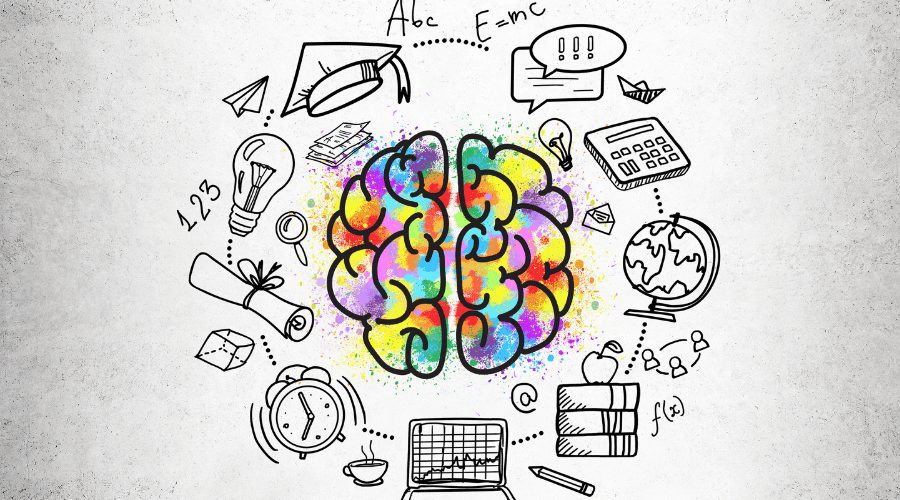Authored by Educational Leader John Snell, UK Headteacher, & advisor to the Open Minds Foundation
I am always fascinated in understanding what makes the most effective education system. Having worked in schools for over 25 years, currently as headteacher of an average sized primary school in the South West of England, I have plenty of experience of how children are taught in the UK, but my personal values often seem to be out of kilter with ‘the system’. I often feel I haven’t got it right. Or perhaps more accurately, the English education system hasn’t got it entirely right. My basis for this is not on any particular international league table (although the UK does not always perform well in these), nor is it based on the outcomes of pupils who I have had the pleasure of knowing. My somewhat negative view of education (or more accurately, learning) is based on the fact that nothing has really changed in a quarter of a century – except of course, there have been 12 education secretaries in that time. Perhaps this lack of continuity goes some way to explain the root cause of the problem.

Education in England is so political. Everyone would agree that children deserve the best education, but when you start to talk about social capital, levelling up, improving standards, narrowing the gap etc., you fall into the trap of trying to find ways to measure the success of your jargon. And this is then a short hop to exams, assessment, accountability, inspections, and the like. All of this is essentially the system I have been working in. Children are under pressure to achieve in exams and tests, because schools are under pressure to get them to ‘succeed’. And so the curriculum is narrowed because the exams are focussing on the ‘measurable’ subjects. Now, please don’t assume I don’t want the very best for my pupils – I do – yet I see first hand how the education system is not fit for purpose – ‘unsatisfactory’ if you like.
I have always been interested in the need to ‘add value’ to learning. That is in my school, to find purpose in what we teach our young people – to make connections, develop critical thinking, celebrate our achievements, and overcome failures. In fact, all the values that you would want young people to experience in readiness for their futures. And this can only happen when schools provide opportunities that enable this to happen. Put simply, opportunities to be creative. As the late Sir Ken Robinson commented, ‘We don’t grow into creativity, we grow out of it. Or rather, we get educated out of it’. 72 million views on YouTube since 2006 can’t be wrong. (TED Talks, Do Schools Kill Creativity? Sir Ken Robinson, 2006 – see below). But is there actual evidence that this works?

I was interested to read about the Estonia education system (‘Want the best schools in Europe? Try Estonia’, The Times, November 2021). Here, schooling has been turned on its head, inside out. The country has embraced the need to provide a system that values creativity and critical thinking. Synonyms for education in Estonia include ‘innovation’ and ‘pioneering’, making it one of the highest performing in the world. Perhaps most telling; ‘Estonia is one of only five countries in the world where children have both high attainment levels and high life satisfaction levels. The UK is mid-table on attainment and near the bottom for wellbeing’. Schools are provided autonomy – head teachers decide how best to shape young lives and the curriculum – there are no regular inspections. The polar opposite to England. The emphasis on life-long learning is paramount to its success – something I am equally passionate about. Quite literally, learning for life enables young people to be aware of themselves, to question, to challenge, to explore and to make informed decisions. And, this in turn, enables future generations to be safe and happy. The lack of complacency in Estonia is combined with a refreshing open-mindedness. The emphasis on problem solving, creativity, critical thinking, values, citizenship, entrepreneurship, and digital competences resonate with my own values. I hope that politicians and educators across England, and the world, take note. To have such a positive influence on young lives should be celebrated and I for one will continue to champion these values in my school. Perhaps I have got it right after all.

